
What’s It Like To Argue Before The Supreme Court — For The 30th Time?
Paul Weiss partner Kannon Shanmugam, a veteran high-court advocate, discusses arguing telephonically before SCOTUS in the midst of the pandemic.

Paul Weiss partner Kannon Shanmugam, a veteran high-court advocate, discusses arguing telephonically before SCOTUS in the midst of the pandemic.
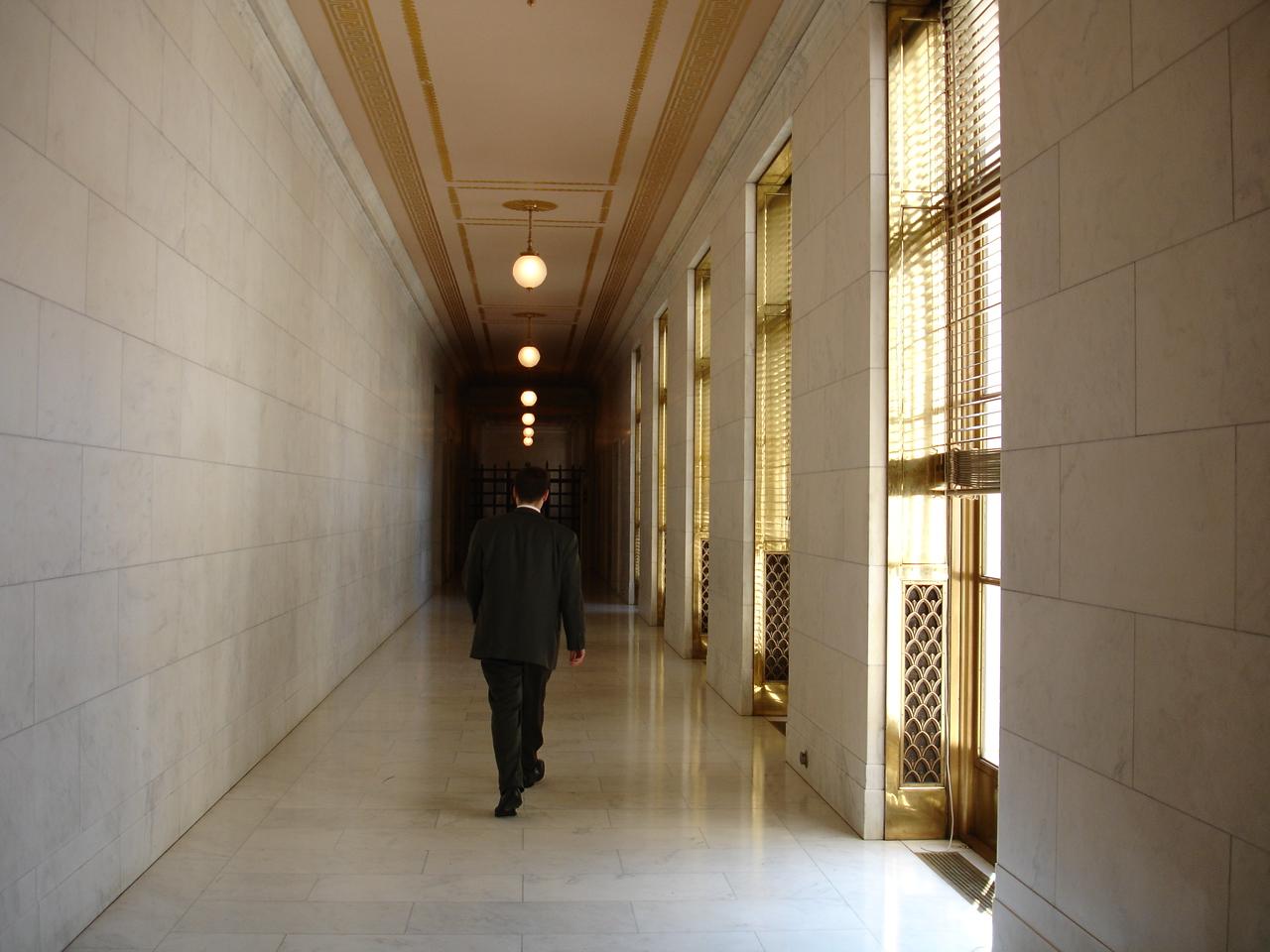
Following precedent, Justice Barrett has hired clerks with either prior SCOTUS clerkship experience or prior experience clerking for her.

Now it transforms your document creation with natural language prompts.

Welp, this is truly awful.

They'll find homes with other justices -- most likely, justices close to RBG on the ideological spectrum.
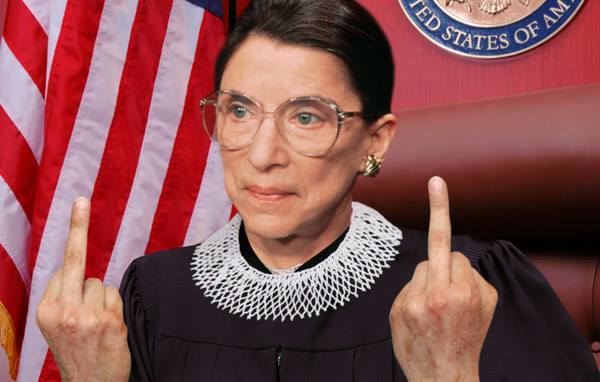
Amy Coney Barrett is no Ruth Bader Ginsburg.
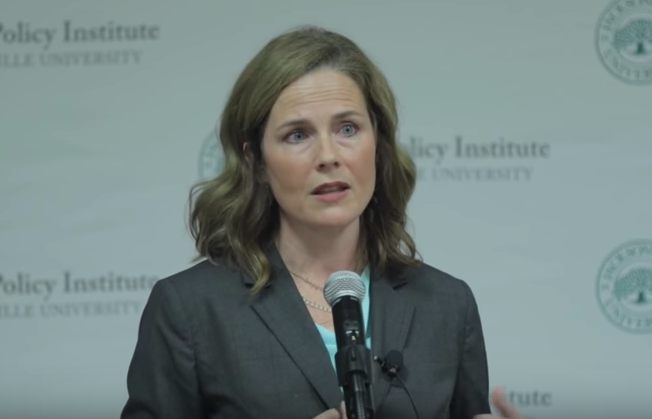
And check out the odds on each of them getting the nod.

And how to navigate them in 2026.

A deep dive on the candidate at the top of Trump's shortlist.

Here are some interesting trends worth noting in the world of SCOTUS clerk hiring.

The GOP really wants another Supreme Court seat to fill this year.

Feast your eyes on the complete roster of Supreme Court law clerks for October Term 2020.

Get five practical tips to spot cash flow red flags early, speed up payments, track spending in real time, and build stronger client trust through clear, transparent billing—download the ebook.

Where evidence shows that the consuming public identifies a descriptive trademark with the trademark owner, it is likely worthy of federal trademark registration.
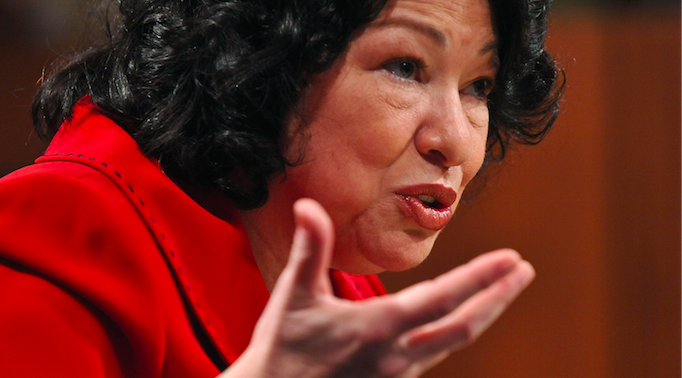
We see who is really holding down the Court.

Plus the 10 most recent classes of Bristow Fellows, and the law schools and lower-court clerkships from whence they came.

Let's hope that SCOTUS sticks with these reforms post-pandemic.
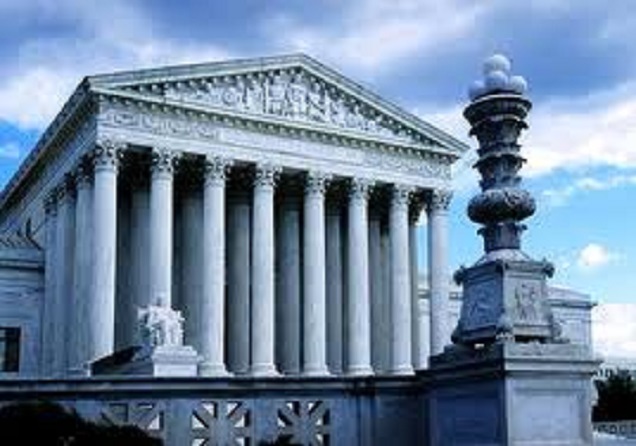
Just another way life has changed under COVID-19.